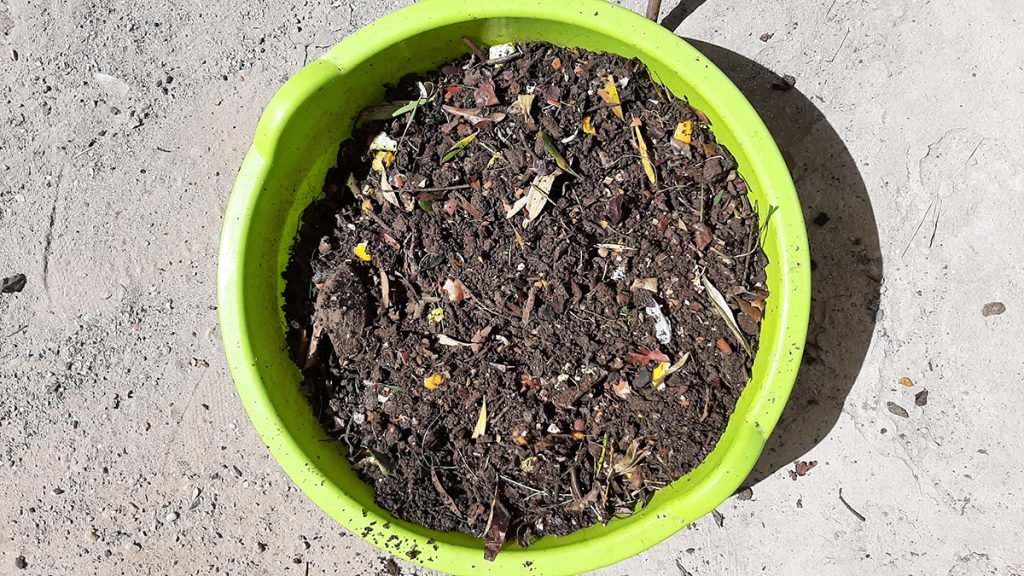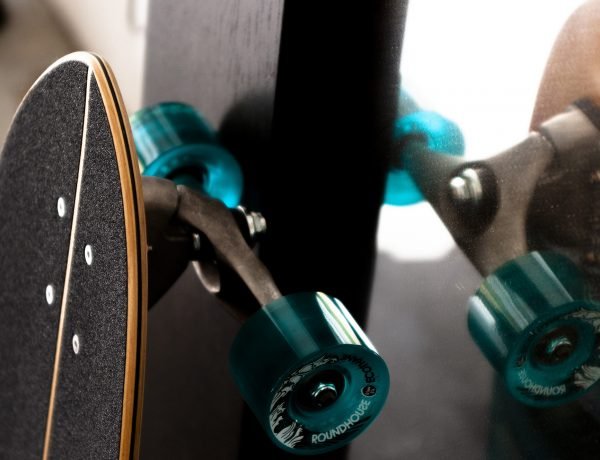Composting sounds like a huge time consumer and hassle but in reality it is actually really simple and easy to do. If you are lucky enough to live in a city that offers composting then you can find the information needed to follow requirements for your local community. If you live outside the city or have a small outdoor space than you can create a mini compost as well. Trying to live a sustainable and eco friendly life doesn’t mean changing your whole life but simple things to improve to a sustainable lifestyle.
Trying to live a sustainable and eco friendly life doesn’t mean changing your whole life but simple things to improve…
– Sustainable surfer girl
Composting does require access to a few items in order to do properly and avoid a stinky mess on your hands. A healthy and clean compost is made of 2 ingredients; brown matter & green matter.
Composting 101 : Ingredients to a healthy compost
Typically a ratio of 2:1 of Green to Brown matter is required to avoid a soggy stinky mess or dried up compost. A balanced compost will decompose quickly and produce a nutrient rich soil for your garden or potted plants. Best way to check if it is balanced is the moisture level, the smell and overall look of the compost. There are many informative articles on a balanced compost as well as on composting ingredients.
Brown Matter
- dirt & earth
- carbon rich
- hay, straw, dried leaves, twigs
- cardboard, paper
Green Matter
- vegetable and fruit waste
- grass, and clover clippings
- nitrogen rich

If you are in a remote location without access to proper garbage disposal, a make shift compost would save you from bugs and rotting stench of your food waste. If you are already eating rather sustainability with reduced packaging and meat products you can easily reduce your food waste and overall waste to next to nothing. Buying paper packaged products or fresh fruit and vegetables, dried goods and are able to drink the tap water where you are. You can have nothing left over from your eating habits.
Tips for successful composting
- Reduce size of green matter – cut up or process food waste into smaller pieces
- Mix your compost daily or weekly depending on location and size
- Regulate your moisture level – not too wet but not dry either – add water if necessary (use grey water (rain water) for less water waste)
- Situate your compost in a sunny location
Find more information from the many articles online for tips, advice and various compost sizes.






